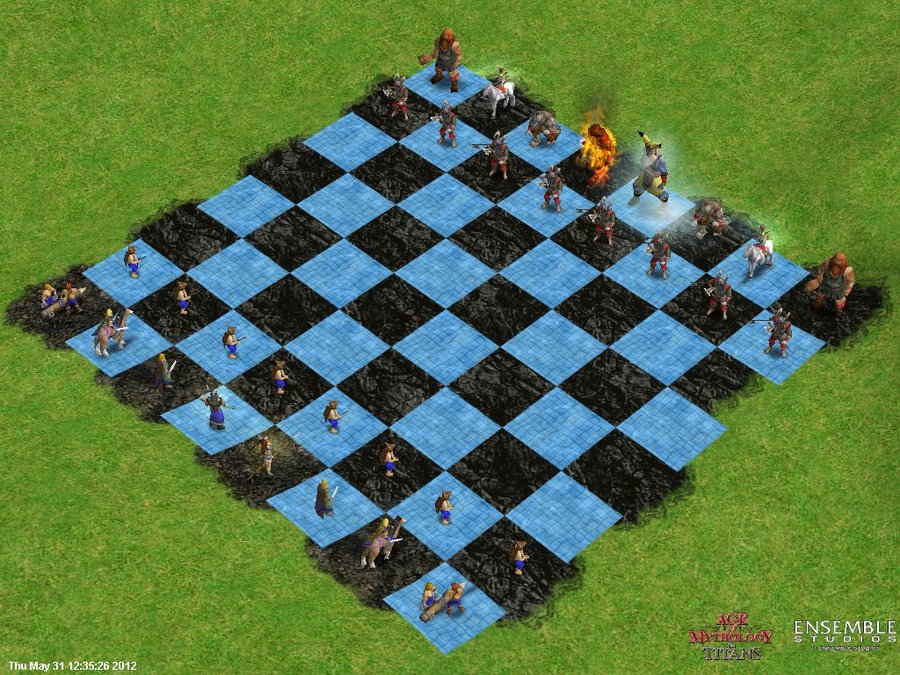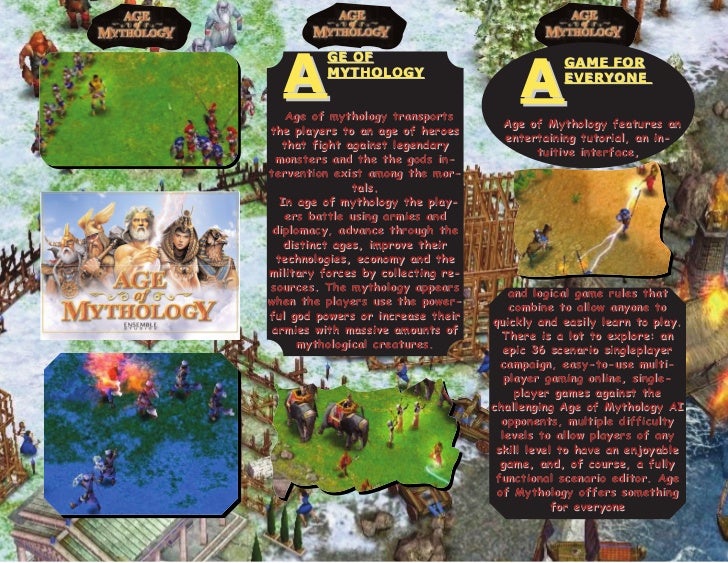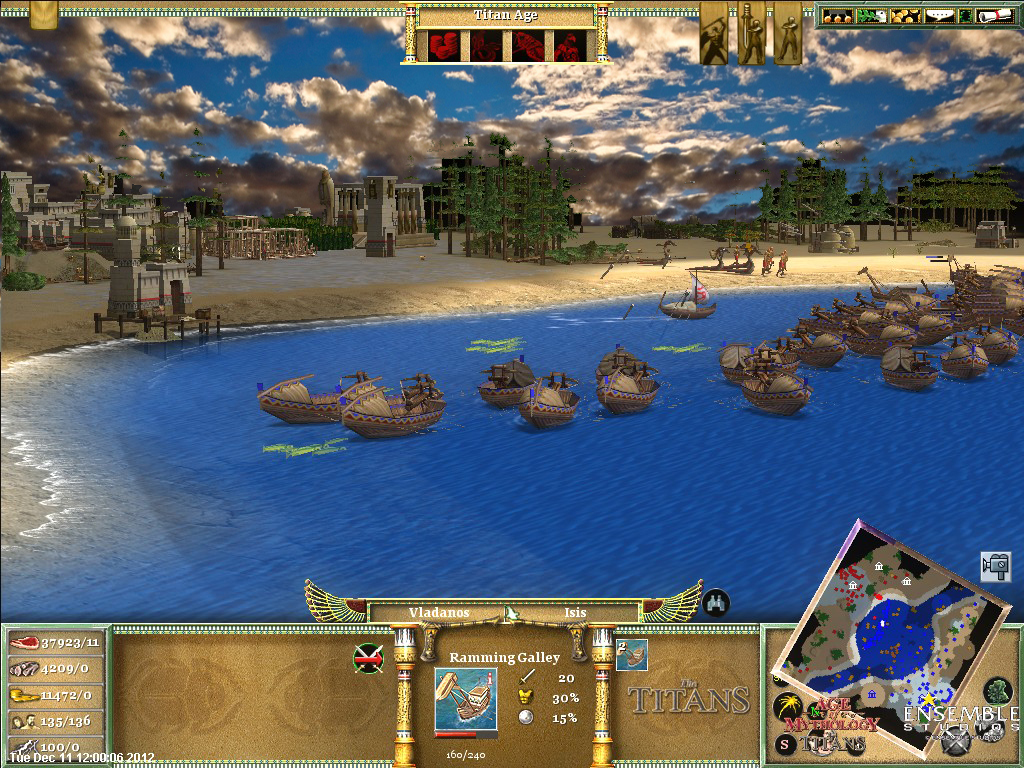

Because of the stock market crash in the United States and the start of the Great Depression, he found little opportunity for work. Soon after he returned home, Campbell left the doctoral program at Columbia because his advisers would not support his plans to study medieval literature, Sanskrit, and modern art. It was in Europe where he discovered the keys to interpreting myth nonhistorically and nonliterally in the work of Sigmund Freud and Carl Jung, the two leading figures of modern psychology. That early conclusion implanted in Campbell his fundamental convictions: that similarities rather than differences between myths count most, that mythologies worldwide are related, that myth must be interpreted nonhistorically and nonliterally, and that religions systematically misinterpret their own myths.Īfter graduating from Columbia University, where he studied English literature (B.A., 1925) and medieval literature (M.A., 1927), Campbell took up a two-year fellowship to study Old French and Sanskrit at the University of Paris and the University of Munich. Because the similarities between them seemed too close to be coincidental, he concluded that the beliefs could not be the result of independent historical development. Raised as a Roman Catholic, he saw parallels between seemingly unique Christian beliefs, such as the Virgin Birth of Jesus, and the religious beliefs of Native Americans. LifeĬampbell attributed what he called his preoccupation with mythology to childhood trips to Buffalo Bill’s Wild West exhibition and to visits to the American Museum of Natural History, where he was fascinated by artifacts of Native Americans. Joseph Campbell, (born March 26, 1904, New York, New York, U.S.-died October 30, 1987, Honolulu, Hawaii), prolific American author and editor whose works on comparative mythology examined the universal functions of myth in various human cultures and mythic figures in a wide range of literatures. Britannica Explains In these videos, Britannica explains a variety of topics and answers frequently asked questions.This Time in History In these videos, find out what happened this month (or any month!) in history.



Britannica Classics Check out these retro videos from Encyclopedia Britannica’s archives.


 0 kommentar(er)
0 kommentar(er)
